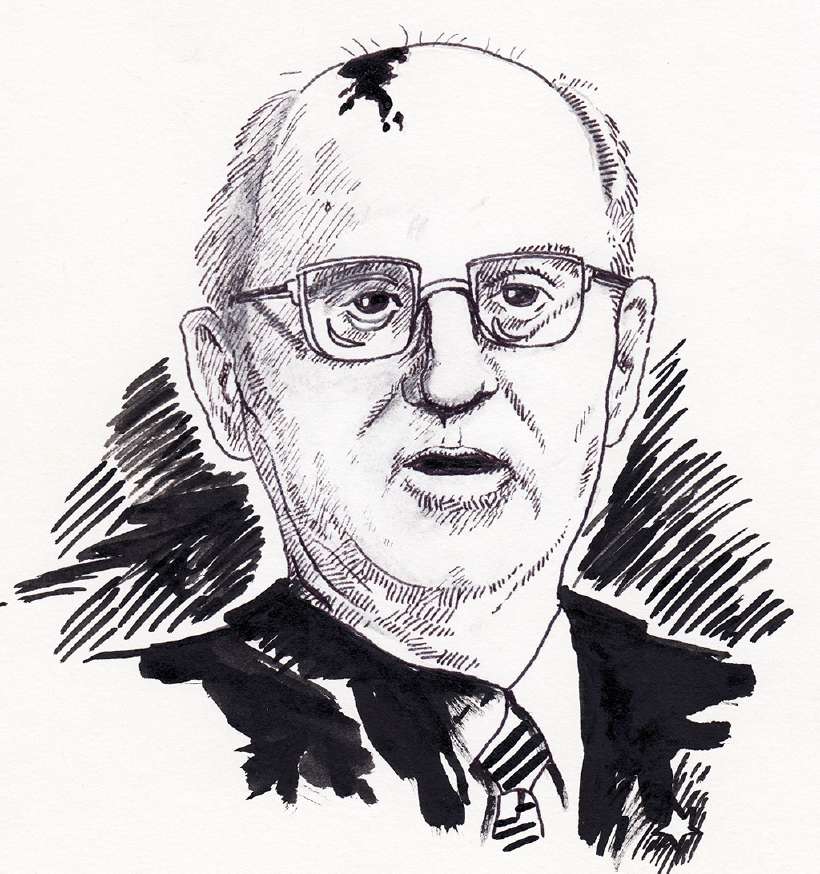He was born in Privol’noye, Russia. In 1985 Gorbachev became general secretary of the Communist Party, and in 1988 he became president of the Union of Soviet Socialist Republics (USSR).
Between 1985 and 1990, Gorbachev sought to reform Soviet society by introducing perestroika (restructuring) of the economy and glasnost’ (openness) in political and cultural affairs. He transferred power from the Communist Party to popularly elected legislatures in the union republics. Gorbachev also withdrew Soviet troops from Afghanistan, normalized relations with China, signed a series of arms control agreements with the United States, and cooperated with the U.S.-led effort to oust Iraq from Kuwait. Gorbachev allowed former Soviet-bloc countries in Eastern Europe to oust their Communist regimes. He was awarded the Nobel Peace Prize in 1990.

In 1991 hard-line Communists staged a coup, but within three days free-market reformers had restored Gorbachev to power. He immediately resigned as Communist Party general secretary, suspended party activities, and placed reformers in charge of the military and the KGB (secret police). He allowed Estonia, Latvia, and Lithuania to become independent republics. The USSR voted itself out of existence in December 1991, and Gorbachev resigned as president of the USSR. As a private citizen, Gorbachev became openly critical of the government’s policies, advocating slower economic reform.
213 words |
2 minutes
Readability:
Grade 11 (16-17 year old children)
Based on Flesch–Kincaid readability scores
Filed under: biographies
Tags: #communist, #communist party
You may also be interested in these:
Vladimir Ilich Lenin